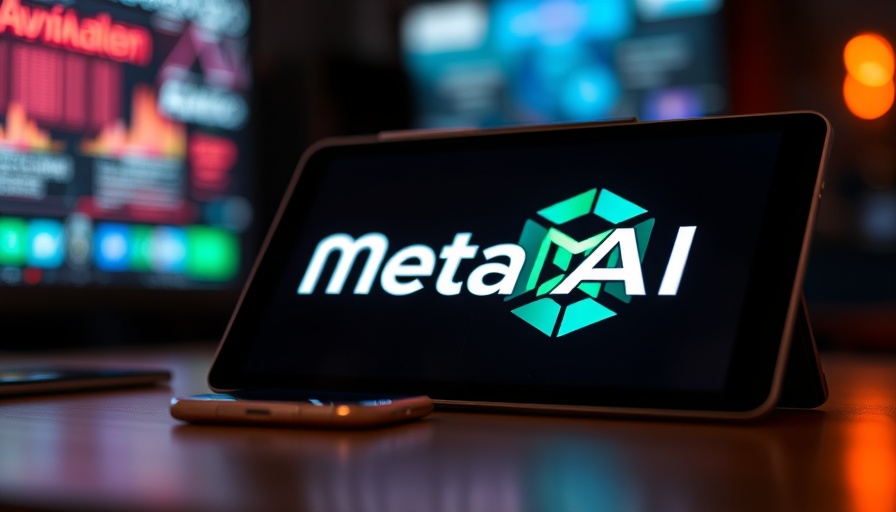
Meta Challenges EU's AI Regulation: A Closer Look at the Issues
In a bold move, Meta, the tech giant known for its social media platforms, has refused to endorse the European Union's recent AI Code of Practice. This decision comes as the EU prepares to enforce new regulations that will govern the use and management of artificial intelligence across member states. Joel Kaplan, Meta's chief global affairs officer, has publicly voiced concerns over the Code's implications, indicating that the company believes Europe is taking a misguided path regarding AI governance.
What is the AI Code of Practice?
The EU Code of Practice for General-Purpose AI aims to establish a voluntary framework that sets standards for AI developers and users. It mandates transparency, including the documentation and updates of AI systems, prohibits the use of pirated material for training AI, and asserts content owners' rights regarding usage in datasets. Proponents hope this will create a more responsible AI ecosystem, fostering trust and safety among users.
Meta's Concerns: Overreach or Justified Warnings?
Meta's refusal to sign the code reflects deeper frustrations within the tech industry about perceived overreach by regulators. Kaplan asserts that the stringent regulations could hinder innovation, particularly affecting startups and European companies aiming to build businesses on AI technologies. Critics argue that excessive regulation could slow down advancements in AI, effectively putting Europe at a disadvantage compared to other regions that maintain a more laissez-faire approach to tech development.
Legislating AI: The AI Act Explained
The EU AI Act, which the Code of Practice supports, delineates various risk levels associated with AI applications. It outright bans certain high-risk applications, such as social scoring and manipulative practices, while categorizing others as high-risk—requiring registration and compliance with quality management obligations. These measures aim to protect citizens but generate apprehension about the feasibility of consistent enforcement across diverse AI technologies.
A Global Perspective: How Will This Affect the Tech Landscape?
Meta isn’t alone; leading technology firms such as Alphabet and Microsoft have similarly criticized the EU's regulations, arguing for a more balanced approach to humankind's burgeoning reliance on AI. The urgency of these rules, effective by August, emphasizes the global race for AI supremacy, as nations grapple with the dual priorities of innovation and user protection.
Potential Impact on European Companies
If many major players in the tech landscape decide to mirror Meta's resistance, it could create significant challenges for the implementation of the EU's AI framework. European companies may find themselves at a crossroads: either comply with potentially restrictive regulations or innovate at the risk of falling behind competitors based in more lenient jurisdictions. This dilemma prompts reflection on the broader implications of regulation in the ever-evolving tech industry.
What Lies Ahead: Predictions for AI Regulation
With the enforcement date looming, the tech community is keenly watching how the situation unfolds. Will the EU stick to its convictions, or will it yield to pressure from tech giants? Experts predict that this confrontation may set precedents for AI regulation globally, paving the way for a more standardized approach to ethical AI development.
Final Thoughts: Navigating a Complex Landscape
The conversation surrounding AI and its governance continues to grow in complexity and significance. For stakeholders, understanding the implications of such regulations is paramount for navigating the uncertain waters of technological innovation. As Meta stands firm in its refusal to sign the AI Code of Practice, it sparks a necessary dialogue about the balance between regulation and the continuous push for groundbreaking AI technologies.
 Add Row
Add Row  Add
Add 



Write A Comment